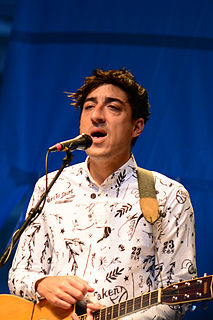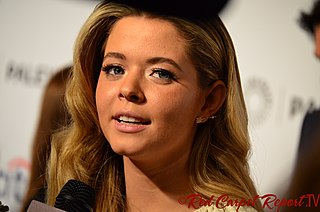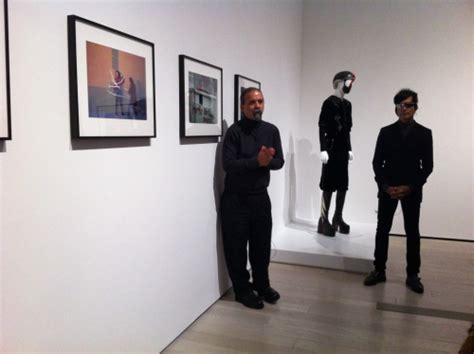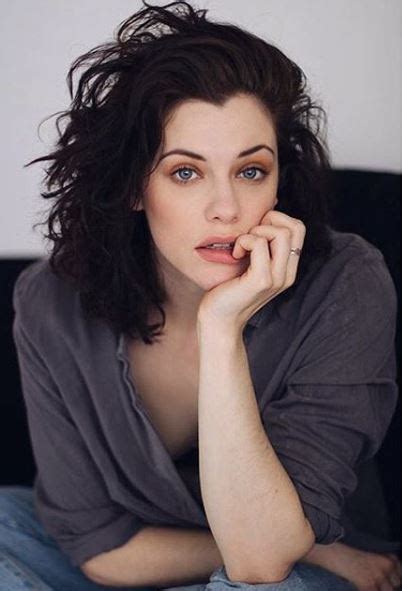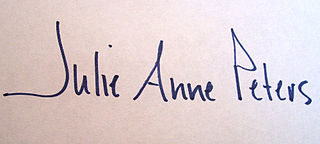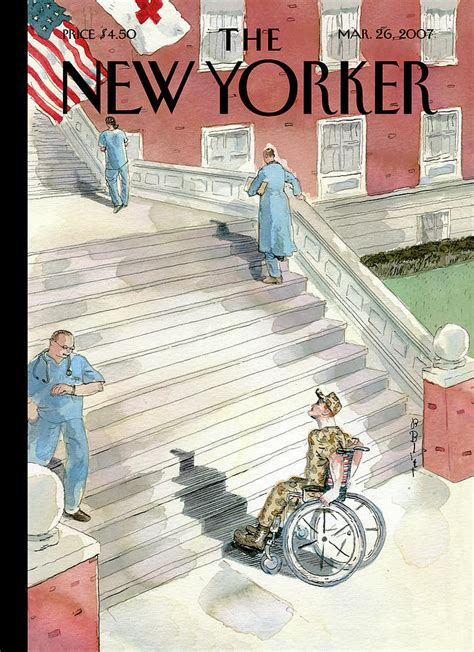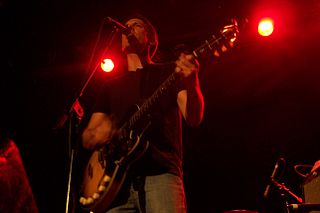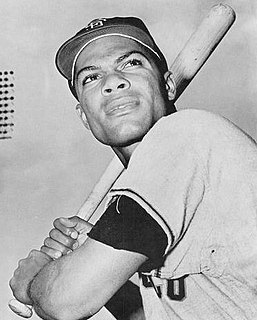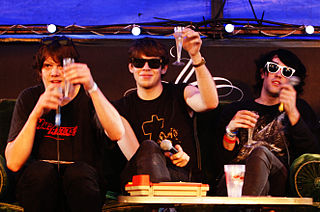A Quote by Mat McNerney
I think there was a brief period where Norwegian bands were evolving and that was an interesting time where it seemed like a band like Darkthrone was stuck in the midst of a lot of change and seemed a bit redundant.
Related Quotes
I feel like there's not as many bands anymore. It's more like there's a front-person and a band supporting them, solo-type spirits that have a look, a vibe, a message, a voice and a style. I was talking about it with a journalist in Europe; he was like, "You're a democracy; everyone in the band does stuff." There's not a lot of bands I can think of that still have it so every member of the band has an equal say. I was like, dude, you're right. I can't really think of any right now. There might be one or two leaders in them, but there are not a lot of bands like that anymore.
The fifties were pretty rebellious, a pretty rebellious period, around that time. And it was preceding the whole zoot suit thing which I think really contributed to a lot of anxiety, to a lot of frustration, a lot of blaming. And it just like boom, it was very destructive for us as a people, that right away put us on like we had to defend ourselves on every level, every moment. We seemed like we always had to be on guard.
My all time favorite band is Paramore and she's basically one of the reasons I was inspired... umm, well Hayley Williams from Paramore was one of the basic reasons I wanted to go rock. I saw the band live and they're great together and they write incredible music and also I like a lot of older bands. I like Motley Crue a lot and who else, I've got a lot of favorite bands but those are pretty much the main ones.
I do a lot of pivoting. There was one cover I did of Donald Trump, after he won Iowa, it seemed like it was over for him at the beginning of the primary process. I was given the go-ahead on it right away. I drew it and he won the next primary, and suddenly, the cover didn't make any sense. And then, after the Democratic National Convention, it seemed like he was finished, Hillary Clinton seemed to be gaining strength, so the cover ran then. So it seemed like you can come up with an idea and it can be rendered useless two days later and then all of a sudden it's relevant again.
The only problem with Shearwater as a name for a band is that people sort of think that it's this amalgamated word like Pushmonkey or something. Doesn't have an actual...you know, like Clearwater or Stillwater, they don't realize that it actually is a thing. It seemed like such a beautiful word, I was so suprised that no body had named their band that.
To evoke the classic period of Italian cinema in a little film seemed like a great, fun thing to do. I had relations to that period. I had known Fellini and I had known Antonioni. I had made a movie with Antonioni and I had visited Fellini in his studios. So, it seemed like something worthwhile doing. You bring yourself to that mythical cinema.
The late '90s were a really bad time for people trying to be rock stars, you know what I mean? It seemed like everyone was a one-hit wonder on the radio. We had friends who had a hit single on the radio and sold 500,000 records, and then they couldn't get arrested a year later. I had this feeling at the time that that was not possible anymore, so the idea of becoming the biggest band in the country—it seemed laughable. I felt that having those sort of ambitions was foolish, because there was no way that was going to be possible. If you saw it that way, you were just deluding yourself.

